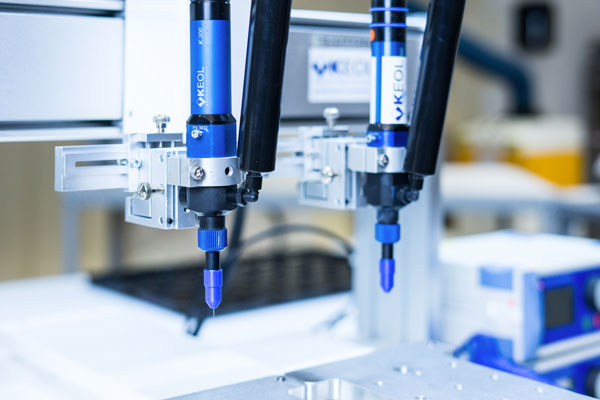Work-related injuries can create significant challenges for employees. From lost wages to mounting medical bills, the financial strain can be overwhelming. Fortunately, Philadelphia workers’ compensation laws provide crucial protections for employees injured on the job. Understanding these rights ensures that workers receive the benefits they deserve.
Who Qualifies for Workers’ Compensation?
Most employees in Philadelphia are covered under the workers’ compensation system. A Philadelphia workers compensation attorney can help employees understand their rights under this system. This includes full-time, part-time, and seasonal workers. Regardless of fault, an employee who suffers a job-related injury or illness is generally eligible for benefits. Independent contractors, however, may not qualify unless they are misclassified employees.
Certain categories of workers, such as federal employees and railroad workers, have different compensation programs. It’s important for injured employees to determine their eligibility as soon as possible after an incident.
Types of Benefits Available
Workers’ compensation provides several types of benefits, depending on the severity of the injury and its impact on the employee’s ability to work. The key benefits include:
- Medical Coverage: Pays for necessary medical treatment, including doctor visits, surgeries, medications, and physical therapy.
- Wage Loss Benefits: Replaces a portion of lost income if the injury prevents the worker from performing their job.
- Specific Loss Benefits: Compensates for permanent injuries such as the loss of a limb, vision, or hearing.
- Death Benefits: Provides financial support to dependents of workers who suffer fatal job-related injuries.
Each case is different, and the amount an injured worker receives depends on the circumstances of the injury and their average weekly wage before the incident.
The Process of Filing a Workers’ Compensation Claim
Filing a claim properly ensures that injured employees receive their benefits without unnecessary delays. The process begins with notifying the employer. Under Philadelphia law, employees must report their injury within 21 days, though reporting within 120 days remains essential to avoid losing benefits.
Once the injury is reported, the employer’s insurance provider evaluates the claim. If approved, benefits begin shortly after. If denied, the employee has the right to file a petition with the Philadelphia Bureau of Workers’ Compensation. The appeals process can be complex, often requiring legal representation.
Common Challenges Workers Face
While Philadelphia’s workers’ compensation system is designed to protect employees, many injured individuals encounter difficulties when seeking benefits. Some common challenges include:
- Claim Denials: Employers or insurers may dispute whether the injury is work-related.
- Delayed Payments: Some insurers delay benefits, making it difficult for injured employees to cover expenses.
- Surveillance and Independent Medical Exams (IMEs): Insurers sometimes use surveillance or require additional medical exams to challenge claims.
- Retaliation from Employers: Although illegal, some employees face termination or reduced hours after filing a claim.
Seeking legal guidance can help individuals navigate these obstacles and secure the benefits they are entitled to under the law.
Why Legal Assistance Matters
Dealing with a workers’ compensation claim can be overwhelming, especially when facing a dispute. Having legal representation can make a significant difference in ensuring fair treatment. An experienced attorney understands the complexities of Philadelphia workers’ compensation laws and can help gather evidence, negotiate settlements, and represent injured employees in hearings. Those who experience claim denials or unfair treatment should not hesitate to seek legal support. Attorneys with experience in this area can advocate for their clients and ensure they receive full compensation.
Understanding Philadelphia workers’ compensation laws is crucial for any employee who experiences a job-related injury. The system exists to provide financial support and medical care, but challenges can arise during the claims process. Seeking assistance from a Philadelphia workers compensation attorney can help injured employees navigate disputes and secure the compensation they deserve. By knowing their rights and taking the proper steps after an injury, workers can protect themselves and their families from unnecessary financial hardship.





